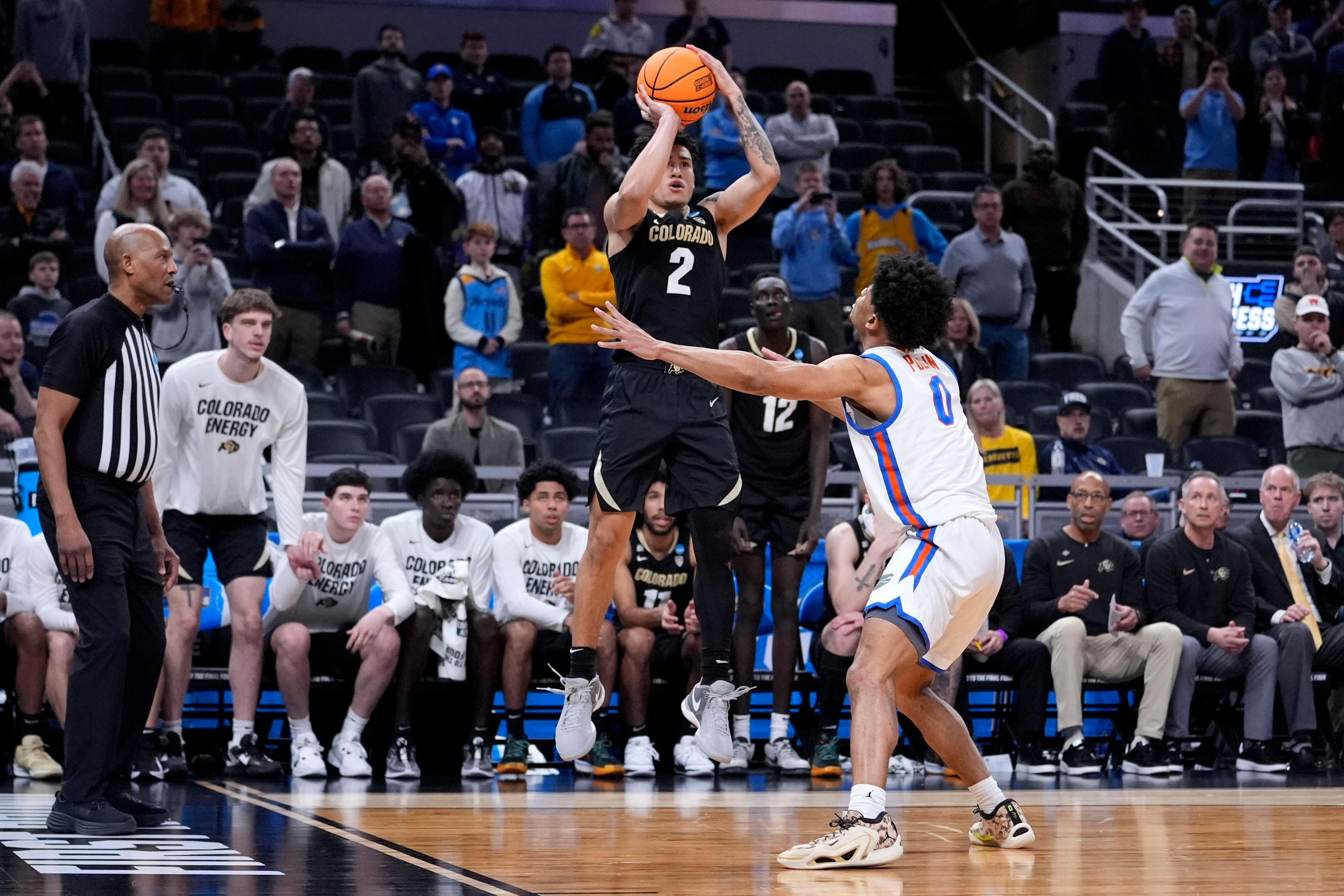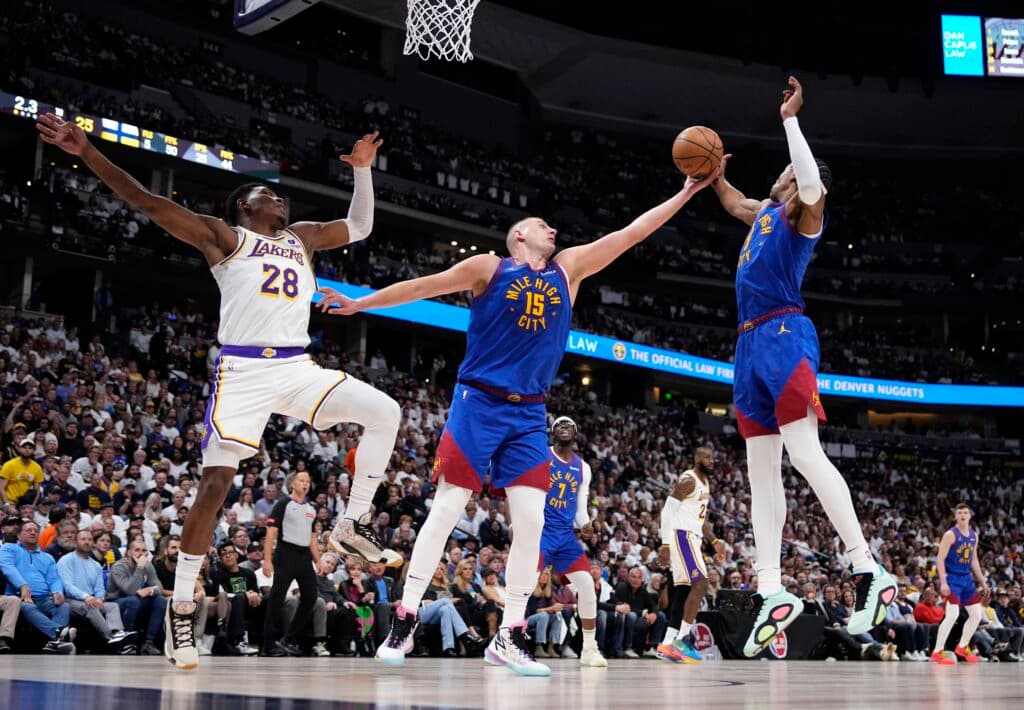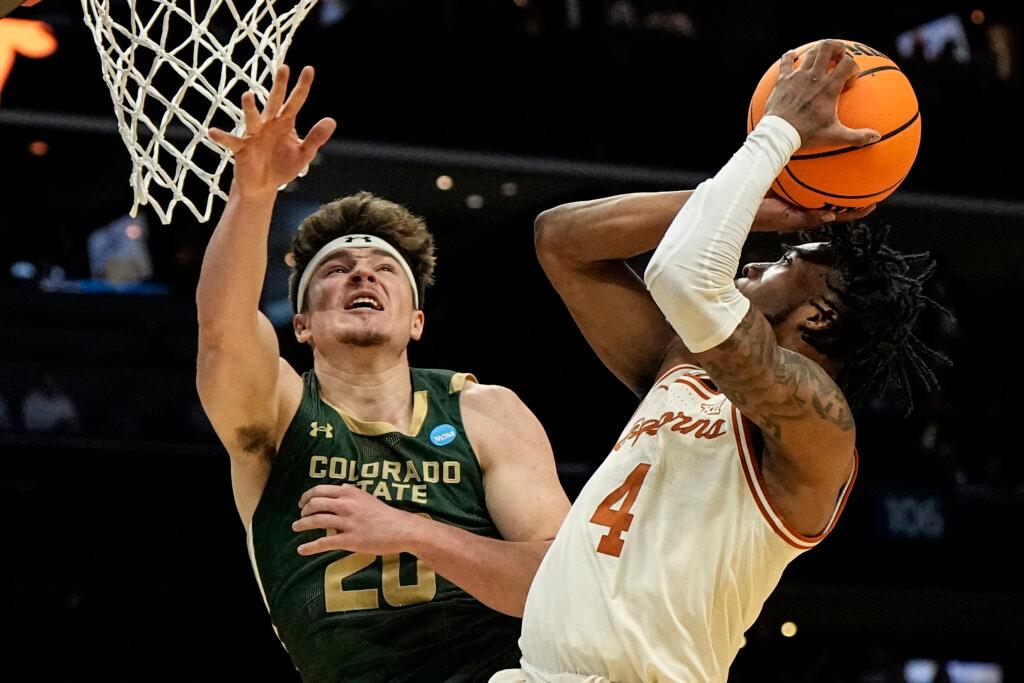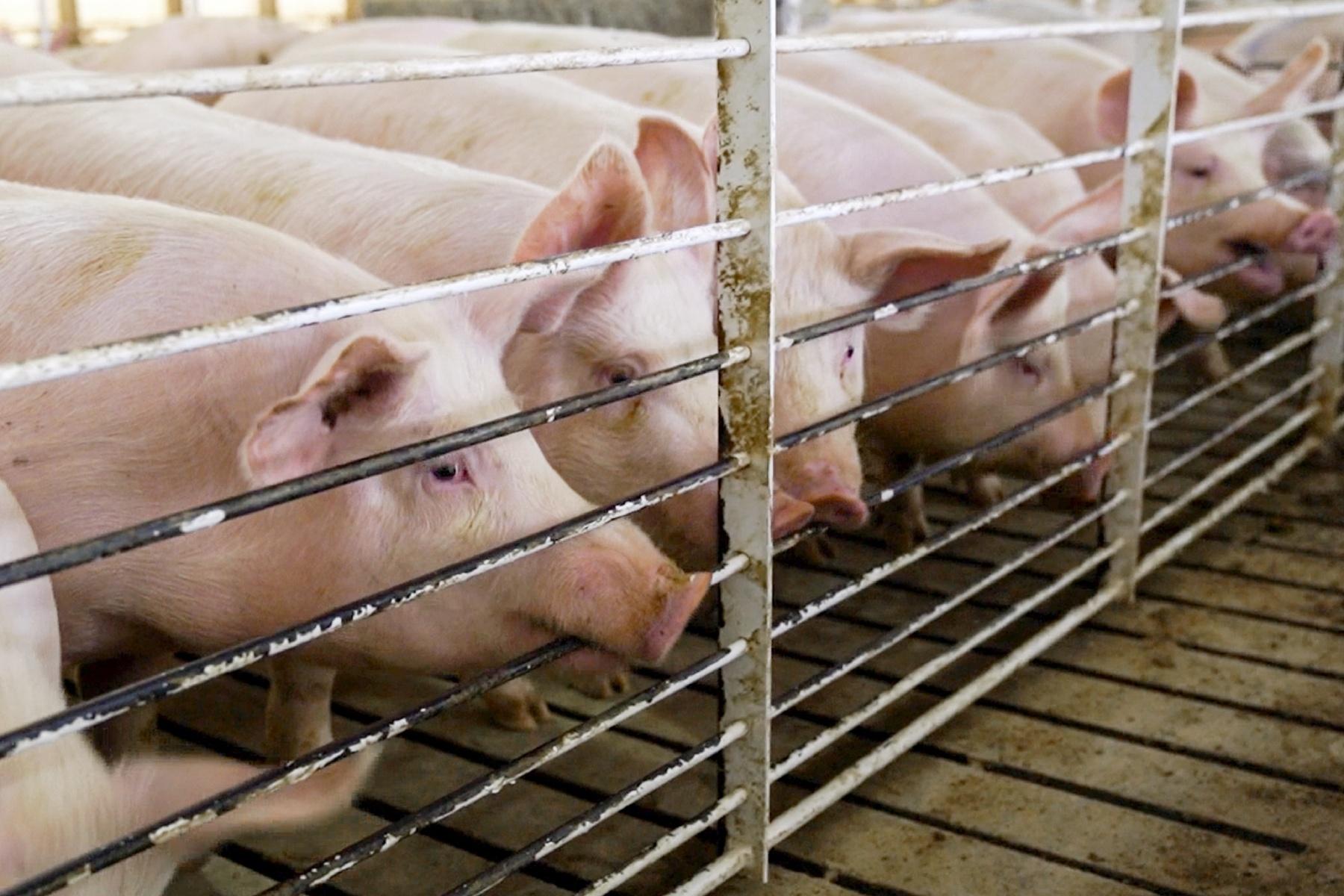
Coloradans love to gamble on sports. And the addition of new ways to wager, like parlays and live bets, have helped to boost industry revenues, despite the randomness of sporting events that can leave sportsbooks occasionally at a loss.
Because at the end of the day, the house rarely loses for long.
Gambling companies, including DraftKings and FanDuel, brought in $475 million in gross gaming revenue in Colorado last year (wagers minus payouts), a 21 percent increase over 2023, according to data from the Colorado Department of Revenue. It’s almost double the rate of revenue growth in 2023, which was 11 percent.
The new data shows the industry has yet to fully mature, about five years after Colorado allowed the first legal sports wagers.
The increased interest in sports betting means more tax revenue for Colorado.
Last year, Colorado collected $31.9 million from those bets. And Colorado will get to keep all that money thanks to the recent passage of Proposition JJ, which allows the state to keep tax revenues over the previous TABOR-mandated cap of $29 million. The money goes to a variety of things, most notably for water plan projects.
Parlay bets increased profits
It’s unclear if there are more people betting in Colorado or if the people betting are just wagering more. One of the biggest changes in the industry is the growth of parlay bets, where gamblers string together a series of things like: Nuggets to win, Nikola Jokić to record a 30-point game, and total points to go over 200 points. It’s a higher-risk, higher-reward bet that the apps heavily promote through incentives, like bigger payoffs.
Parlays are a win-win for the industry.

“These parlays make the sportsbooks more money, but people also like to bet them; it’s more fun for the bettor,” said Ryan Butler, who covers the industry for Covers, a gambling website.
There are many apps on offer in Colorado for sports bets, but DraftKings and FanDuel now control about 70 percent of the U.S. betting market, in part because they added enticing parlay options to their apps. “So DraftKings and FanDuel created that technology quicker than anyone else, that’s why they rose to the top,” said Butler.
He said younger bettors in particular prefer parlay bets. “They just like the lottery ticket aspect of it.”
The vast majority of sports gamblers will not develop an addiction, the national rate is estimated at up to 3 percent. But there’s concern that addiction rates are higher among young men, who are growing up with unlimited sports gambling on their phone.
Colorado has granted millions to behavioral health providers and educational campaigns. The Colorado Limited Gaming Control Commission announced $2.9 million in grants in February, up from $2 million the year before.
Beyond parlays
The sportsbook has long been a relatively small part of casino profits, so the app developers are looking ahead to a more lucrative business: fully online casinos, things like poker and blackjack, not just sports.
“Everything is based off of that goal,” said Butler.
Only a handful of states allow online casino games, but they are hugely profitable. In the first quarter of this year, DraftKings reported $881 million in sports betting revenue across 25 states and Washington DC, and $423 million revenue in the just five states that allow it to operate casino games online.
Any such plan would face a lot of hurdles in Colorado. The handful of physical casinos operating in the state, which are mandated by law to be located in three historic mining towns, would likely fight any proposal to expand online gambling to phone apps.
Sports are unpredictable
While last year saw large growth in sports bets and revenue, there are periods when the house loses. In Colorado, sports gaming revenues dropped 20 percent in March, compared to March of last year.
Sportsbooks said that’s because more favorites won than anticipated in the recent March Madness men’s basketball tournament. DraftKings reported that more than 80 percent of favorites won, the most in more than 40 years. And bettors tend to put their money on the favorites.

That’s just the nature of sports.
“That's why people watch sports and want to bet on sports, it's part of what makes the customer experience great,” said Jason Robins, CEO of DraftKings, on a Friday investor conference call. “So there are periods where you're gonna have quarters two, three in a row sometimes with bad outcomes.”
Colorado bettors are the best?
Butler has data on hold percentage by state, and Colorado has the lowest hold percentage in the U.S. Hold percentage is the money that sportsbooks keep for every dollar wagered.
“So one can extrapolate that Colorado has the best bettors,” said Butler. “It makes sense: higher education level, really loyal fans, pretty affluent demographic.”
So when it comes to sports betting, Colorado is winning in more ways than one.
Funding for public media is at stake. Stand up and support what you value today.









